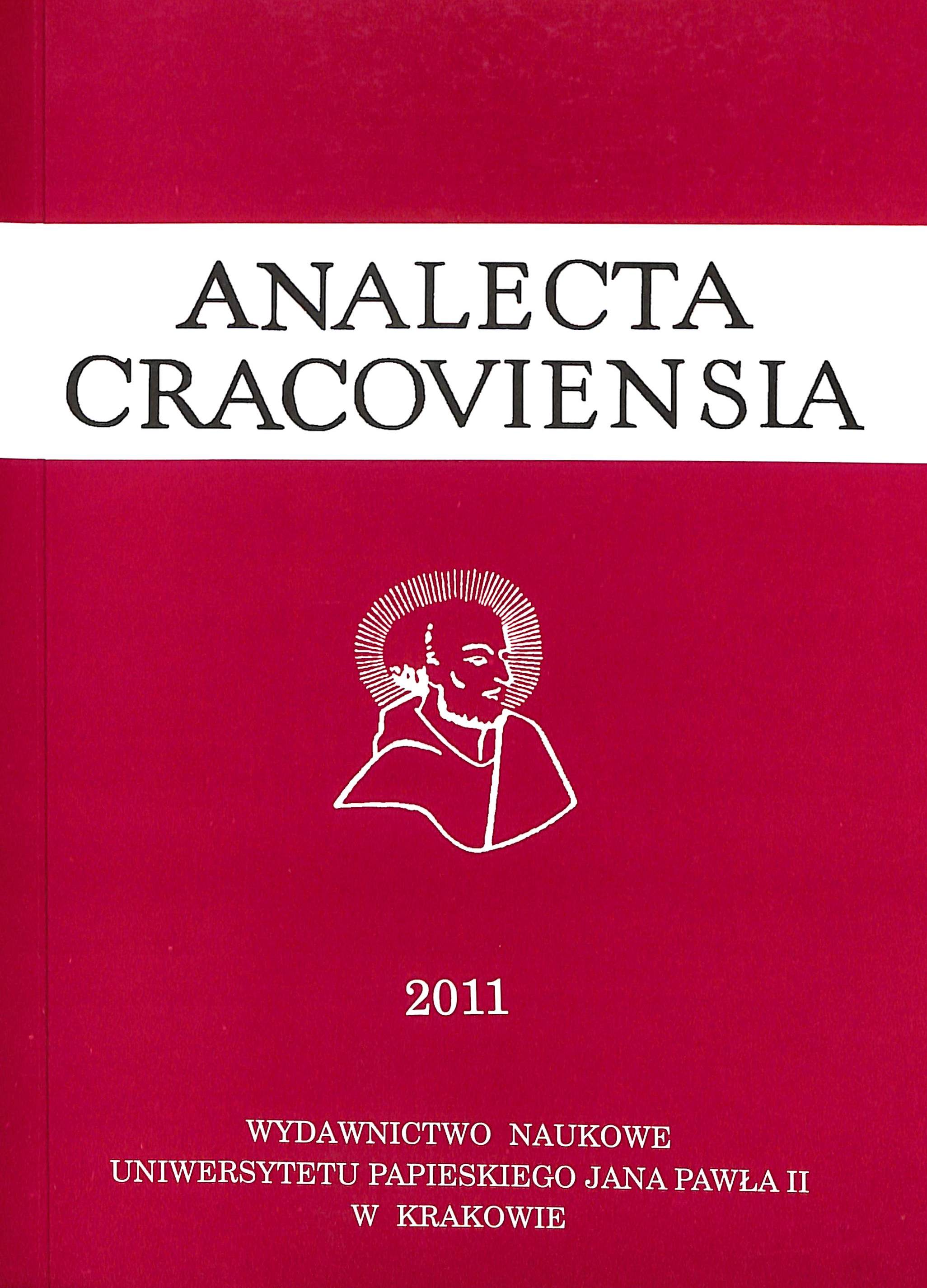A Mind Drawn by a Word. A Meditative Dimension of Selected Epigrams by Richard Crashaw (1612-1649)
DOI:
https://doi.org/10.15633/acr.4307Słowa kluczowe:
mind, meditation, epigrams, metaphysical poetry, mental prayer, spiritualityAbstrakt
The analysis of the relation between religious meditation and epigram representing domain of poetry shows their own common place, a very interesting matter for further research. Reading verses as well as meditating could draw one’s mind to concentrate on an intriguing sign for some time. The process of rereading the text supplies deeper theological senses, spiritual satisfaction and an opportunity to contemplate an object in a way of acquired contemplation following ordinary mental prayer. This drawing role is successfully played by a conceit, when its form (acutum) enchants the mind and it is equivalent to the stirring moment of meditating reason. The epitome of these proprieties is a collection of epigrams by Richard Crashaw. Their Christ-centrism expresses itself in taking into consideration selected mysteries of Jesus’ life presented in the sharpness of meanings crossed in conceit. It is done via accurately selected requisites as well as a variety of poetical and rhetorical means. This young English poet created short verses that strike a reader’s attention and prompt it to consider the prepared literary form and to meditate or contemplate the mystery of Saviour realizing a significant element of the Roman Catholic Church’s theory of meditation. The poetical genius of the author supported by good artistic work and connected with his religion zeal causes that this ability of drawing of a reader works still in the charming way.
Pobrania
Opublikowane
Numer
Dział
Licencja
Prawa autorskie (c) 2011 Marcin Godawa

Utwór dostępny jest na licencji Creative Commons Uznanie autorstwa 4.0 Międzynarodowe.
Obecnie autorzy publikujący w czasopiśmie udzielają jego wydawcy zgody o następującej treści:
- Autor zachowuje autorskie prawa majątkowe do utworu, a jednocześnie udziela wydawcy czasopisma zgody na jego pierwszą publikację w wersji drukowanej i wersji online na licencji Creative Commons Uznanie autorstwa 4.0 Międzynarodowe oraz zgody na wykonywanie opracowań, w tym przekładów.
- Autor ma możliwość udzielania zgody niewyłącznej na opublikowanie utworu w wersji, która ukazała się w czasopiśmie (np. zamieszczenia go w repozytorium instytucjonalnym lub opublikowania w książce), wraz z informacją o jego pierwszej publikacji w czasopiśmie.
- Autor może umieścić swój utwór online (np. w repozytorium instytucjonalnym lub na swojej stronie internetowej) jeszcze przed zgłoszeniem utworu do czasopisma.

